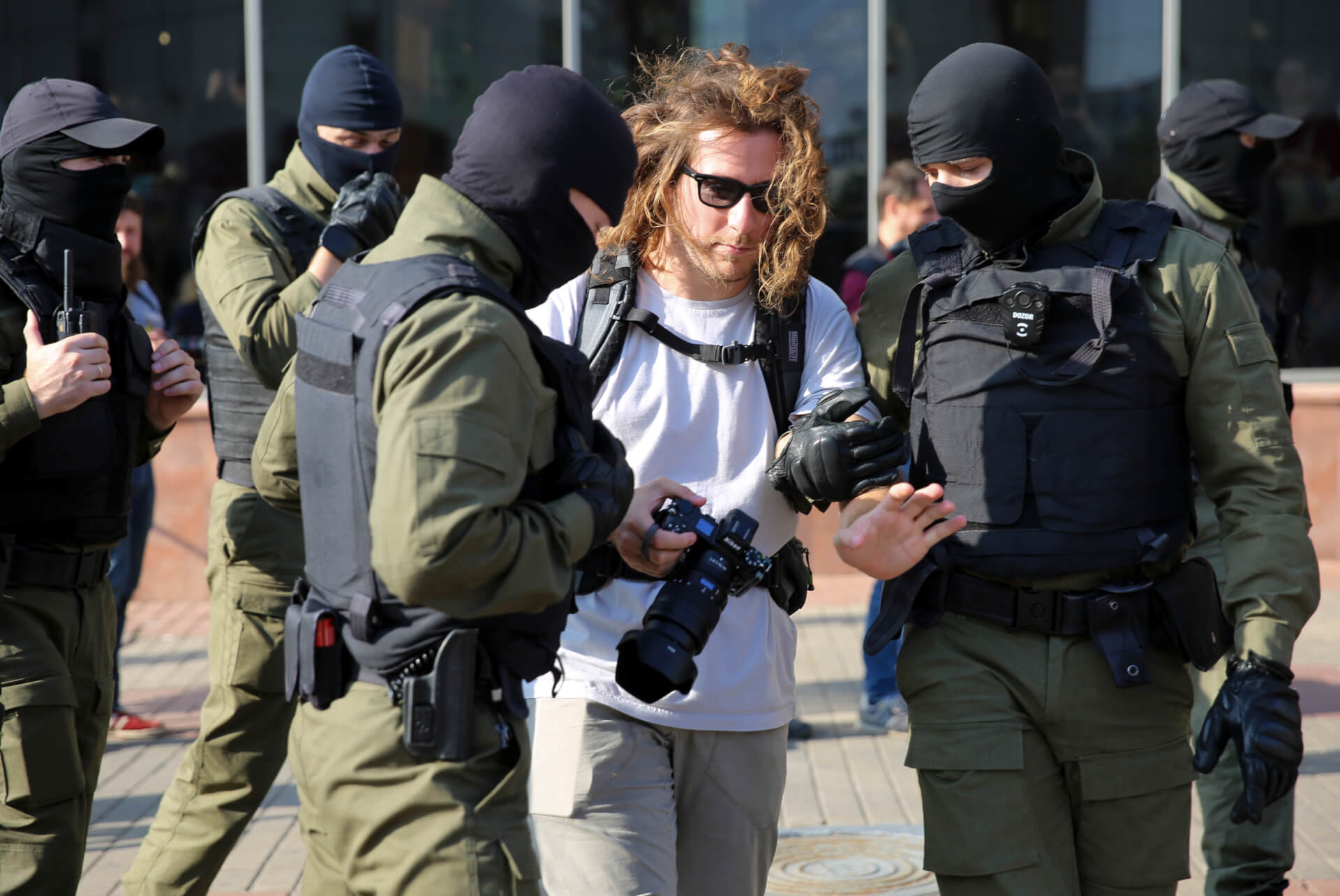After one year of international lockdowns and stringent social restrictions, the COVID-19 pandemic drags on with no apparent end in sight. During this time, the media has played a crucial role in reporting on the dynamic and unpredictable situation, including surging cases and details of vaccination campaigns. However, despite most news organisations reporting record viewership on their digital platforms during the pandemic, public distrust in the media is at an all-time high.
The negative albeit honest reporting of how the pandemic is unfolding and being handled by governments has been pinpointed a reason why people are becoming averse to pandemic reporting. A recent YouGov poll of 1,652 Britons found that two-thirds of the public don’t trust TV journalists, and almost three-quarters are untrusting of newspaper journalists. Another poll conducted by the Reuters Institute found that 47% of people now try to avoid the news, while more than a third of people are now actively seeking to avoid news about the pandemic, up from about a fifth in the first week of lockdown.
According to Mark Austin, an evening news presenter at Sky News, this sentiment exists because the public associates the negative coverage with the media itself, and not those who are responsible for or tasked with improving the situation. “A lot of the criticism I’ve seen online is about [the media] not supporting the government enough, missing the mood of the country, not making a positive contribution. But it isn’t a journalist’s job to support the government,” he said.
Further, there exists a divide in opinions between people with different political leanings. For example, the YouGov survey also found that over half of the people polled thought that the Boris Johnson government was doing a good job of responding to the pandemic, while a quarter felt the media had exaggerated the crisis. Richard Sambrook, a former director at the BBC and the current director of the Centre for Journalism at Cardiff University, summed up this viewpoint by saying: “People think you are either with us or against us. People trust media less when they don’t see it supporting their point of view and instincts.”
In this regard, the way that politicians drive the narrative around the media plays a huge role in people’s perceptions. For example, former US President Donald Trump dismissed the seriousness of the pandemic on several occasions vilified the national media for what he saw as exaggeration and inciting panic, describing them as “absolute scum” and “totally dishonest people.” To make matters worse, he also blamed the coronavirus crisis on the media, saying, “Low Ratings Fake News MSDNC (Comcast) & CNN are doing everything possible to make the Caronavirus look as bad as possible, including panicking markets, if possible.”
The result of the downplaying of this crisis was reflected in a poll conducted by Monmouth University, which found that less than 25% of Republicans polled were “very concerned” about a family member becoming seriously ill from coronavirus, compared to almost 60% of Democrats, despite the country recording tens of thousands of new cases every day. Additionally, more than 80% of Republicans said that they were somewhat or very confident that the impact of COVID-19 would be “limited,” compared to approximately 30% of Democrats who agreed with the viewpoint. The slow response to the pandemic in the US, combined with public distrust in the guidelines issued by the Centre For Disease Control (CDC), has consequently led to the US registering the highest number of daily infections worldwide until earlier this month (when it was surpassed by India).
In fact, several governments have been guilty of confusing messaging regarding the use of masks, sanitisers, and social distancing, and of blaming the media for exaggerating the severity of the crisis, such as the leaders of Iran, Brazil, Italy, and Mexico. Others have even gone as far as making active efforts to silence the truth. For example, in India, the central government recently requested Twitter to take down dozens of tweets, including some by lawmakers, that criticised the Modi administration’s handling of the second wave.
Moreover, India is not alone in creating an “infodemic”. The latest Reporters Without Borders (RSF) report on press freedom indicates a sharp drop in free journalism from the previous year; it notes that media is “totally blocked” or “seriously impeded” in 73 countries and is constrained in 59 others. Together, these nations represent 73% of the total countries evaluated. In such a scenario, it is hardly surprising that whatever news is allowed to be published generates heavy distrust from the public.
There is no question that leaders are correct in saying that economies have suffered huge losses due to frequent and extended lockdowns. However, by downplaying the importance of containment measures and criticising the media, governments across the globe have cemented an intense distrust of journalism. Unfortunately, this has simply dragged the pandemic out even further, as people are choosing to ignore media reports of rising cases and deaths and not take appropriate precautions to curb the spread of the virus. This illustrates how governments and media must work hand-in-hand to raise awareness about the severity of the public health crisis and inculcate a greater sense of civic responsibility. By placing a commitment to truthfulness at the forefront of the pandemic response, governments will be better able to achieve their goal of protecting the economy by shortening the length of this pandemic. However, given that governments are becoming increasingly averse to criticism or being held accountable for their missteps, this appears to be a forlorn hope.
Why is Public Trust in the Media at Record Lows When Viewership has Never Been Higher?
As the COVID-19 pandemic drags on, several governments have criticised the media for reporting the realities of the pandemic, thus leading to widespread public distrust in the institution.
April 30, 2021

SOURCE: AP
